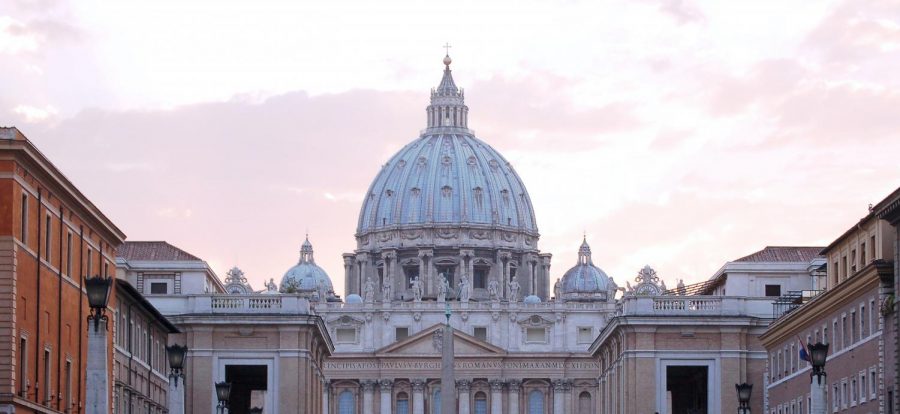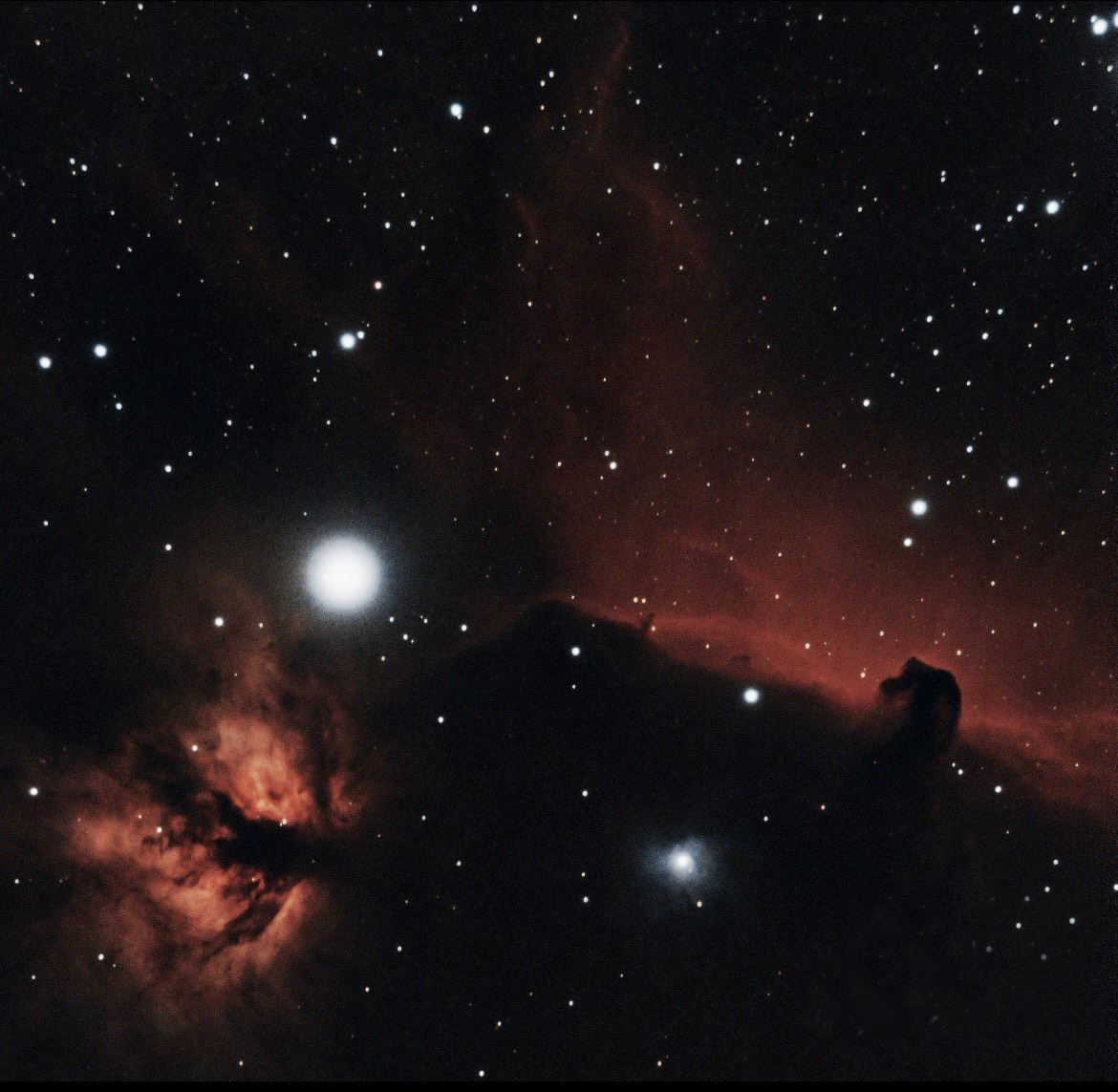In March, when Americans were preparing to shelter at home due to the coronavirus, religious leaders scrambled to figure out what exactly they were going to do now that in-person services were not an option. In a country where approximately 45% of people, about 130 million, say they “attend a religious service at least once or twice a month,” according to the Pew Research Center, the race to balance spirituality with health and safety was on.
While many places of worship had to switch to virtual, drive-thru or socially distant platforms, other acts of piety, specifically in the Roman Catholic Church, were not moved to an online format.
According to Adam Marchese, who is a priest at St. Margaret Mary Catholic Church in Winter Park, different bishops did what best suited their parish. He said that the bishop of the Catholic Diocese of Orlando, John Noonan, under his ordination by God, issued a dispensation at the beginning of quarantine stating that failure to attend Mass in person was not a mortal sin, as it was before the pandemic. Instead, parishioners were instructed to watch virtually. This dispensation was important because mortal sin is the most serious category of sin, as it involves a person knowingly breaking divine law, like the Ten Commandments.
“The purpose of a dispensation is for those who have a genuine fear of the virus,” Marchese said. “I know people who basically have not left their house since March. They exist; they’re still out there.”
As of now, St. Margaret Mary is offering virtual and in-person Mass with required masks and social distancing, and the average attendance for a weekend service is about 25% of the maximum capacity. The dispensation is for those who are elderly, sick or do not leave their homes, but Marchese is aware that some people have not been following the rules.
“The issue has become there are those who take advantage of that dispensation, so I’ve heard people … who would normally come in-person on Sundays, but they chose not to come in-person one Sunday not because the numbers and the virus spiked … but because they wanted to go to the beach.”
As for specific acts of piety, Catholics believe that in order to rid themselves of mortal sin, they must go to confession. However, during quarantine, there was no way to attend confession, as under canon law, or ecclesiastical laws of the Catholic Church, confession cannot be done virtually due to concerns over lack of privacy.
“According to canon law, which is kind of like that law of the Church, the people of God always have the right to a private confession,” Marchese said. “… I must be able to hear you and know that it is actually you there, so meaning that it’s not someone holding a phone there or something like that.”
Marchese said that because of the rule, priests all over the country had to find new ways to offer confession to parishioners.
“What was fascinating was how creative, especially during the height of quarantine, priests were getting,” Marchese said. “There were some churches that would set up drive-thru confessionals, so you could literally drive up, and the priest would be sitting there in a chair, and you’d roll down your window, so that way the priest could hear your confession.”
As for administering the sacraments that are colloquially put under the umbrella term “last rites” to hospitalized Catholic patients with COVID-19, which include confession, Anointing of the Sick and Viaticum (Communion), Marchese said sometimes he is allowed in the hospital rooms, and sometimes he isn’t. According to Catechism of the Catholic Church, a text composed by Pope John Paul II, “By the sacred anointing of the sick and the prayer of the priests the whole Church commends those who are ill to the suffering and glorified Lord, that he may raise them up and save them.”
Because many hospitals are still not allowing priests in the hospital rooms, The Los Angeles Times asserts that Pope Francis issued a dispensation stating that coronavirus patients who receive prayers “delivered over the video chat would have the same spiritual effect as if he were to perform the normal anointing with holy oil: a full pardon of all sins.”
Finally, receiving the Eucharist, or more commonly known as Communion, has been a challenge during the pandemic. One cannot receive the Eucharist (the bread and wine that represent Jesus’ body and blood) if they have committed mortal sins in the absence of confession. However, during quarantine, people couldn’t go to Mass, which meant they were committing a mortal sin, but they couldn’t go to confession either, so then they couldn’t receive the Eucharist.
Communion is a sacrament, which means it can’t be done virtually, so Pope Francis encouraged Catholics to instead receive a ‘spiritual communion,’ a way to feel close to God without actually receiving the Eucharist.
Yet, that revives some of the oldest core arguments between Catholics and Protestants. According to the BBC, Catholics believe in transubstantiation, or that the substance of the bread and the wine become the body and blood of Jesus Christ, while still maintaining its physical appearance. On the other hand, Protestants don’t believe in transubstantiation and perform the act as a metaphorical reminder that Jesus died on the cross for their sins.
While Catholics do not assert that spiritual communion measures even close to receiving the Eucharist, it does place more of an emphasis on a personal relationship with God without the necessity of concrete rituals, an ideal that traditionally resonates more with Protestants.
The pandemic has also raised questions in Protestant churches about what happens during Communion and has changed the way some people are able to perform it. School chaplain Father Richard Towers said that under the guidance of the Episcopal Diocese of Central Florida, during the pandemic he has only been allowed to distribute the host, not the wine.
“There’s a very technical argument about ocular Eucharist and is God’s grace conveyed in the Eucharist by simply or merely watching it,” Towers said. “That is a question that has concerned theologians recently, and a lot of people are arguing about that … I think just watching Communion reminds me of the prayers and what the memorial means to us, but it doesn’t feel the same to me as actually receiving Communion.”
The pandemic has changed spiritual routines, acts of piety and even church law, and there is an increasing fear among the faith community that people will continue to opt out of mainstream religion after it is over. However, in April 2020 the Pew Research Center found that 38% of Protestants and 27% of Catholics feel that their faith is stronger than before the pandemic. So, the question now stands — will the changes that faith communities underwent remain after the pandemic?














